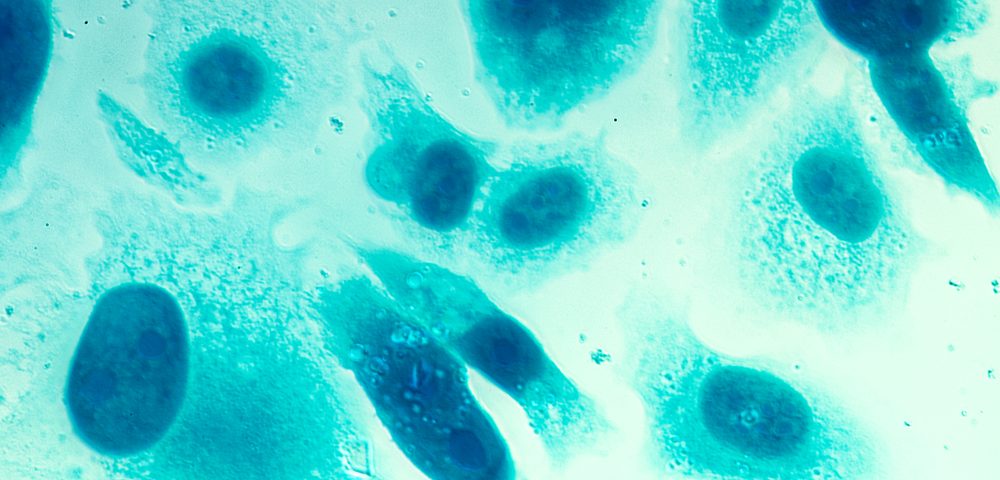Researchers have identified a key protein, called Snail1, that appears to be crucial to the spread of prostate cancer cells, a new study shows. The finding could lead to new therapies to block these metastatic cells.
Metastasis refers to the process in which cancer cells travel from the site of a tumor to secondary locations where additional tumors form. Once this happens, a patient’s prognosis worsens considerably.
Although the molecular mechanisms that cause metastasis are not fully understood, some features of metastatic cells are already known. For example, in order to metastasize, a cancer cell undergoes a process known as epithelial-to-mesenchymal transition (EMT), in which an epithelial cell loses some of its characteristics, such as cell-to-cell adhesion, and becomes invasive and migratory.
Cytokine transforming growth factor β (TGFβ) can prompt EMT by activating the Snail1 protein, but exactly how this happens had not been previously understood.
In the study titled, “Pro-invasive properties of Snail1 are regulated by sumoylation in response to TGFβ stimulation in cancer,” published in the journal Oncotarget, researchers identified certain protein modifications on Snail1 that affect metastasis.
After being synthesized, many proteins undergo processes known as post-translational modifications (PMTs). PMTs can act to further regulate the functions performed by the protein. One such PMT is known as sumoylation, in which a small protein called SUMO is added to a protein to regulate its function.
The researchers found that modifying the Snail1 protein in prostate cancer cells via sumoylation results in cells adopting a more invasive characteristic by enhancing TGFβ signaling and EMT. Thus, when sumoylation was inhibited, the result was that prostate cancer cells lost their invasive ability.
To show that this has a role in patients and not just in cells in the lab, the authors showed that Snail1 levels were higher in cells undergoing EMT in prostate cancer tissue compared to normal tissue.
“These results suggest that sumoylation of Snail1 might be a marker for prostate cancer progression,” professor Marene Landström, of the Umeå University in Sweden, and senior author of the study, said in a press release. “As sumoylation inhibitors are currently being tested to combat the development of breast cancer tumors, it would be interesting to see the effects of targeting Snail1 sumoylation in prostate cancer.”

